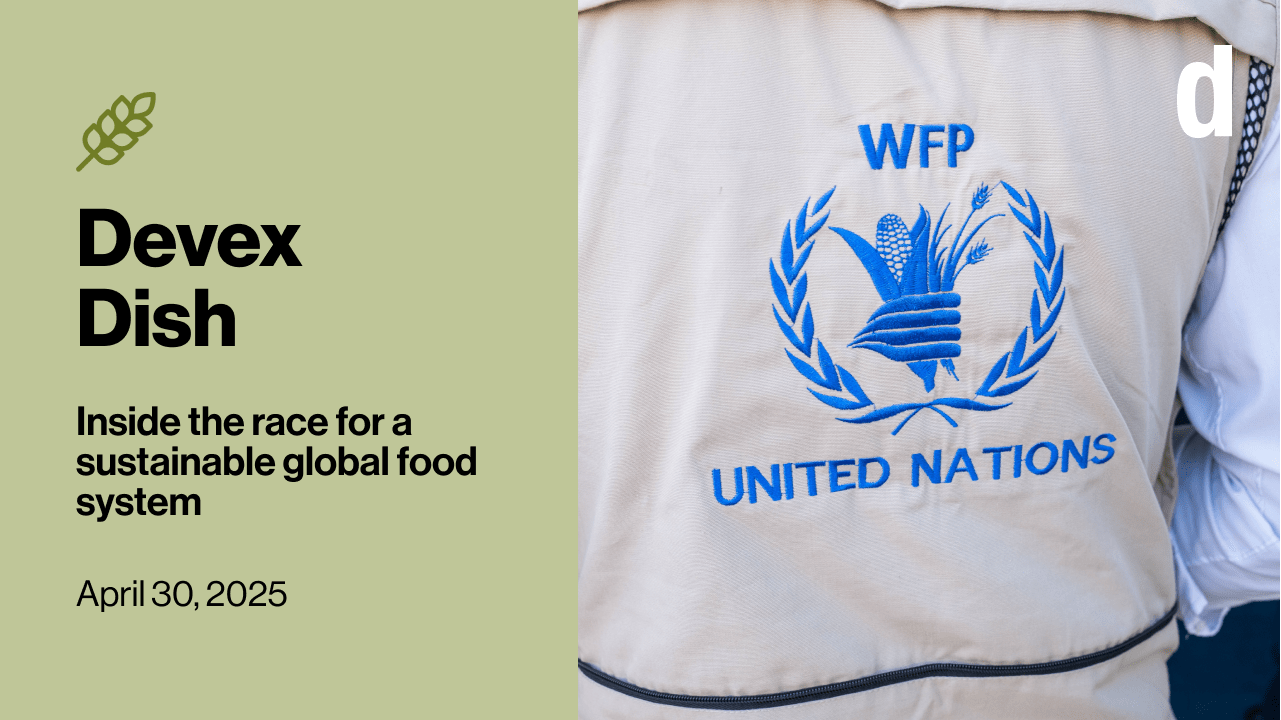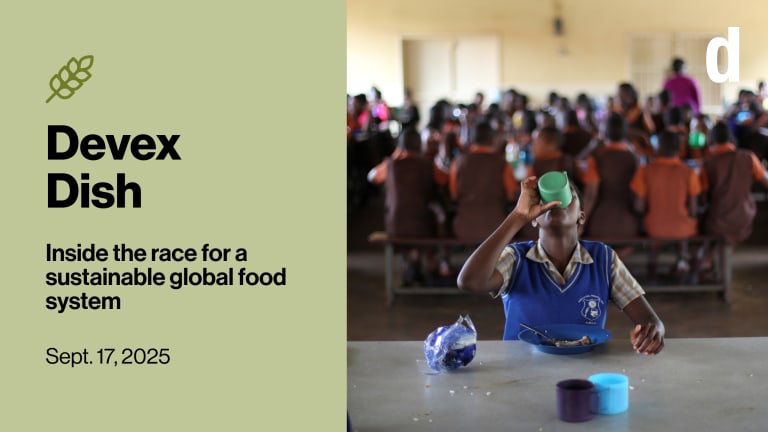International Fund for Agricultural Development Fund President Alvaro Lario is hardly alone in making the rounds to international capitals with his hand out. But he argues he has a unique proposition: Pledge money to the United Nations’ agriculture fund, and IFAD will more than double every U.S. dollar it receives into financing, converting each dollar into $6 of on-the-ground investment in smallholder farmers who make up the backbone of the global food system.
I sat down with Lario last week when he was in Washington meeting with policymakers to encourage them to support IFAD in its 13th replenishment, which kicked off in February. He said he received a warm response to the prospect of investing in an organization that seeks to help people build resilience and livelihoods, rather than merely feeding them after they are already starving.
But with the now-standard budget uncertainty here in the United States — lawmakers consistently fail to reach deals on regular spending, leaving us lurching from one temporary measure to another — IFAD faces a conundrum: Its largest donor may not be able to make a pledge until the end of the replenishment cycle, denying the fund an important indication of support which could help bring other donor governments along.








